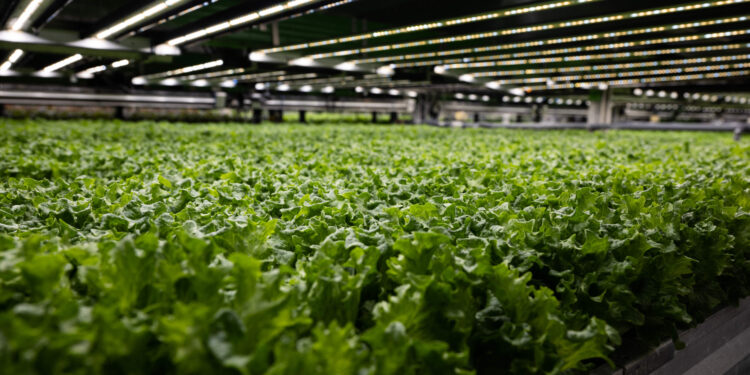A bill recently passed by the Tennessee Senate has sparked debate and raised concerns about the classification of certain foods as drugs. The bill, known as HB 1894, defines any food that contains a vaccine or vaccine material as a drug under Tennessee law. While the legislation does not ban the sale of these foods, it requires them to be labeled as such and treated similarly to injectable vaccines or medications.
Proponents of the bill argue that it is necessary to ensure regulations are in place if vaccine-imbued foods are sold. They cited ongoing research into the use of edible vaccines and the importance of providing people with the recommended dose of a vaccine. However, opponents question the necessity of the bill and whether such foods would ever be sold alongside their unvaccinated counterparts in grocery stores.
During a debate on the bill, State Senator Heidi Campbell expressed skepticism about the idea that vaccine-imbued foods would be commercially available in Tennessee. She questioned the need for legislation based on a hypothetical scenario and raised concerns about the cost and practicality of selling vegetables that contain vaccines.
State Representative Scott Cepicky, a Republican who sponsored the bill, explained that lettuces containing vaccines would require a prescription. This would ensure that individuals consume the appropriate amount based on their body type, preventing under-vaccination or overdose. Cepicky's statement highlights the complexity and potential risks associated with introducing vaccine materials into food.
The concept of edible vaccines is not new, with previous attempts to incorporate vaccines against diseases like measles, hepatitis B, and cholera into various foodstuffs. Researchers believe that successfully placing vaccines in plants would eliminate the need for cold storage, which is typically required for injectable vaccines.
A research project at the University of California, funded by a $500,000 federal grant, is exploring the use of pathogen-targeting mRNA in edible plants. The goal is to replicate the mRNA in the cells of spinach and lettuce, allowing people to grow these vaccine-imbued plants in their own gardens. This research presents both opportunities and challenges in the development of edible vaccines.
The passage of HB 1894 in Tennessee raises important questions about the classification and regulation of vaccine-imbued foods. As the bill awaits Governor Bill Lee's signature, the concerns and debates surrounding this issue continue. It remains to be seen how other states and regulatory bodies will address the potential introduction of these vaccine-imbued food products into the market.







